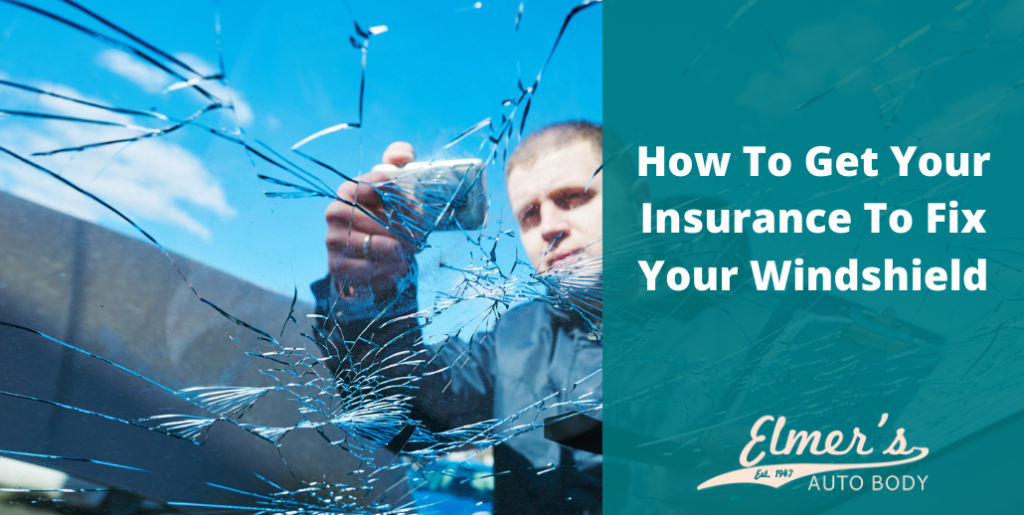Insurance Coverage and Replacement Options
Many insurance policies provide coverage for windshield replacement, either as part of comprehensive coverage or as an optional add-on. Comprehensive coverage typically covers damage caused by non-collision events, such as hail, vandalism, or falling objects. Filing a claim for windshield replacement under insurance involves contacting your insurance company, providing details of the damage, and submitting an estimate for repair or replacement.
Insurance may not cover windshield replacement in certain circumstances, such as when the damage is caused by a collision with another vehicle or object, or if the windshield is already cracked or chipped. It’s important to check your policy carefully to determine the specific coverage and exclusions that apply.
Filing a Claim
To file a claim for windshield replacement under insurance, follow these steps:
- Contact your insurance company and report the damage.
- Provide details of the incident, including the date, time, and location of the damage.
- Submit an estimate for repair or replacement from a qualified auto glass repair shop.
- Pay the deductible, if applicable.
Negotiating with Repair Shops
When negotiating with repair shops for a free or discounted windshield replacement, it’s important to be prepared and assertive. Here are some tips to help you get the best deal:
Leveraging Competition
Research different repair shops in your area and compare their prices and services. Let the shops know that you’re aware of their competitors’ rates and that you’re willing to go with the shop that offers the best deal.
DIY Windshield Repair

DIY windshield repair can be a cost-effective solution for small chips or cracks. However, it’s crucial to assess the damage carefully to determine if it’s suitable for DIY repair. Repairs should only be attempted on small, isolated chips or cracks that are less than 6 inches in length.
Materials and Tools Needed
* Windshield repair kit (includes resin, applicator, and UV light)
* Clean cloths
* Rubbing alcohol
* Razor blade
* Safety glasses
Step-by-Step Instructions
1. Clean the area: Thoroughly clean the damaged area with rubbing alcohol and a clean cloth. Allow it to dry completely.
2. Apply the resin: Fill the applicator with resin and position it over the chip or crack. Apply gentle pressure to force the resin into the damage.
3. Cure the resin: Expose the resin to UV light according to the manufacturer’s instructions. This process hardens the resin and creates a clear, durable bond.
4. Remove excess resin: Once the resin is cured, use a razor blade to carefully scrape away any excess material.
5. Clean the area: Wipe the area with a clean cloth to remove any remaining debris or resin.
Limitations and Risks
DIY windshield repair is not suitable for all types of damage. Larger cracks or chips may require professional repair to ensure structural integrity. Additionally, improper repair techniques can weaken the windshield or create optical distortions. It’s essential to carefully follow the instructions and assess the damage accurately before attempting a DIY repair.
Alternative Solutions
In the event that you do not have insurance or cannot afford to pay for a windshield replacement, there are alternative options available to you. These options may include:
Financial Assistance Programs
There are a number of programs and charities that offer financial assistance for windshield replacement. These programs may be available to low-income individuals, seniors, or veterans. To find a program in your area, you can contact your local United Way or Department of Social Services.
Government or Community Resources
Some government or community resources may also provide support for windshield replacement. For example, some states offer a tax credit for windshield replacement. Additionally, some cities or towns have programs that provide free or low-cost windshield replacement for low-income residents.



